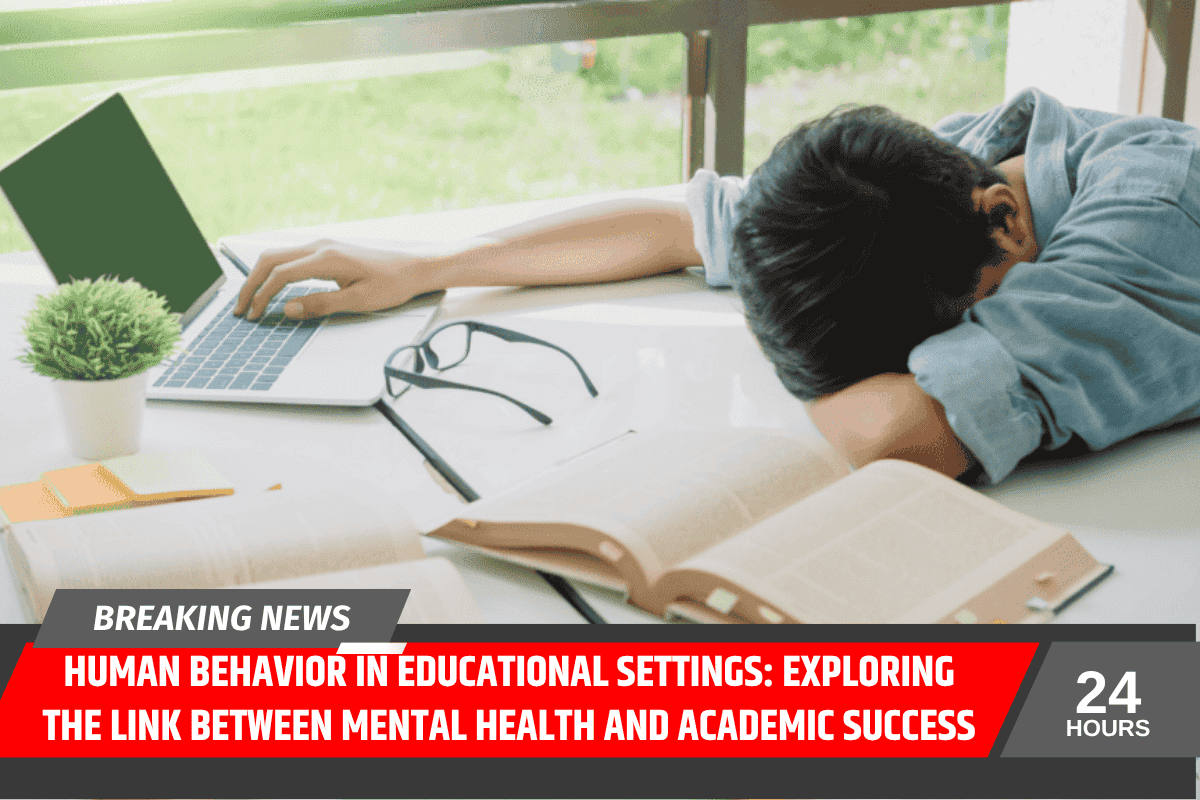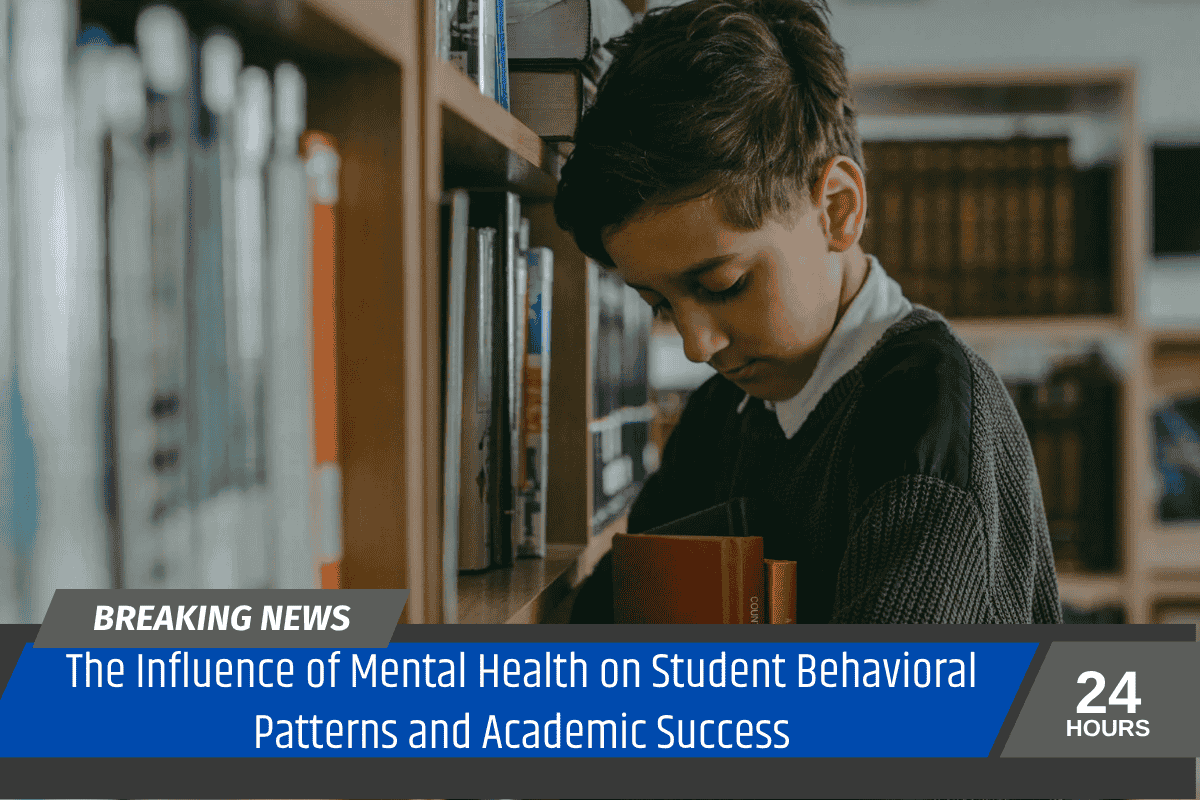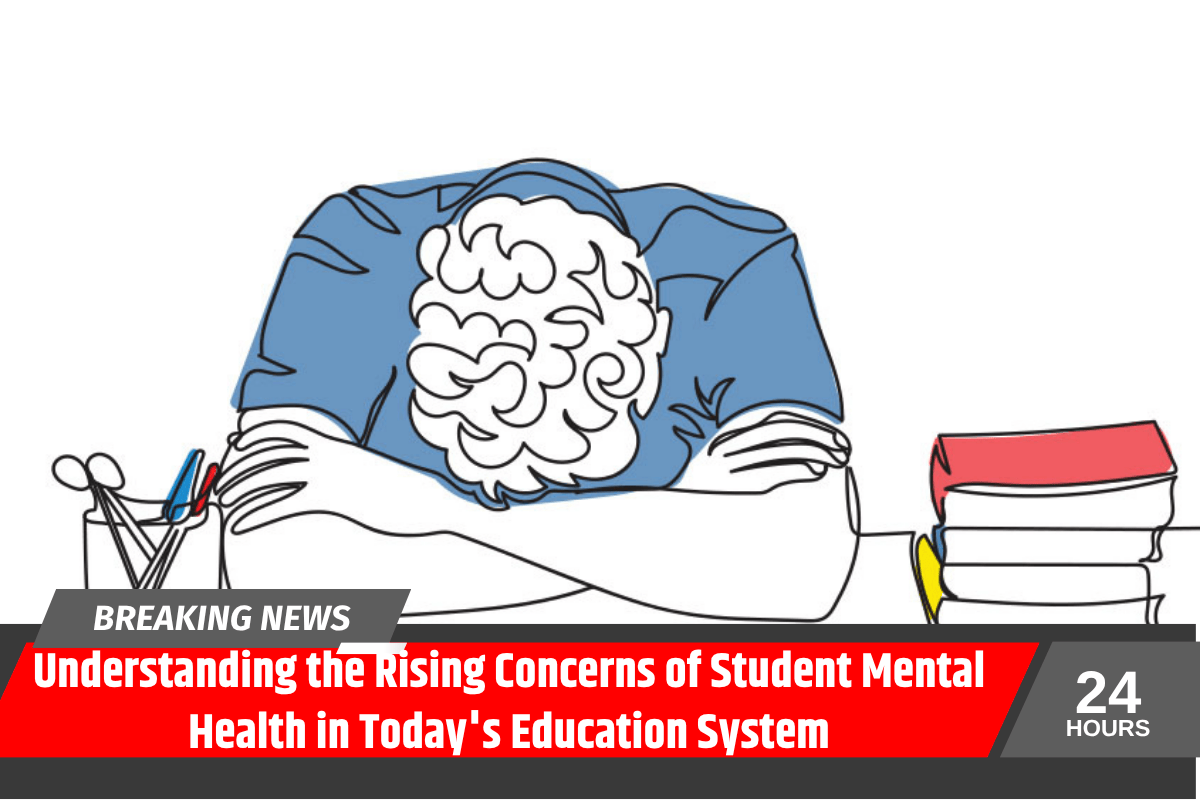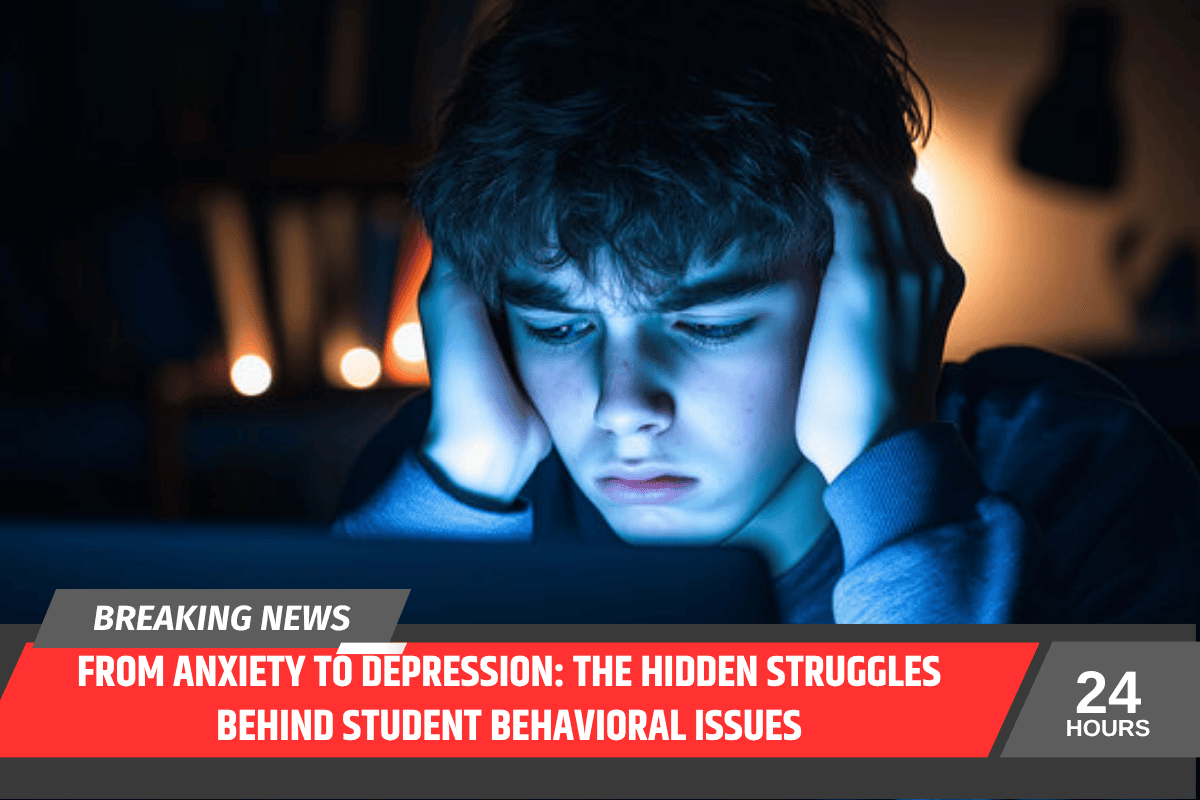Education is often considered the key to a better future, and in many ways, it is. However, the journey to academic success is not just about studying hard or mastering subjects. There is a complex link between mental health and the ability of students to perform in educational settings.
Understanding human behavior in classrooms and how mental health plays a crucial role in shaping academic success is important for creating an environment where students can thrive.
The Role of Mental Health in Education
Mental health affects every aspect of a person’s life, including how they think, feel, and act. In educational settings, mental health is not just about the absence of illness but about emotional well-being, resilience, and coping skills.
Mental health conditions, such as anxiety, depression, and stress, can negatively impact a student’s ability to focus, interact with others, and perform academically. These challenges, if left unaddressed, can lead to academic difficulties, lower grades, and even dropping out.
On the other hand, when students feel mentally healthy and emotionally supported, they are more likely to engage positively with their studies. Their confidence, motivation, and ability to manage stress improve, allowing them to excel in their academic pursuits.
Therefore, mental health is not a separate issue from academic performance—it is an essential factor that directly affects how well students can succeed in school.
How Mental Health Influences Academic Performance
The relationship between mental health and academic success is multifaceted. When a student struggles with mental health issues, it can affect various aspects of their behavior and academic performance.
For example, students with anxiety may find it hard to concentrate during lessons or focus on completing assignments. Depression can lead to a lack of interest in schoolwork and social withdrawal, making it difficult for students to engage with classmates and teachers.
In contrast, mental health support in educational settings can significantly improve student outcomes. Schools that provide counseling services, mental health education, and create a positive emotional climate tend to see improvements in student well-being and academic success.
This support can help students build emotional resilience, improve their self-esteem, and develop healthy coping mechanisms, all of which are essential for academic achievement.
The Impact of Stress on Student Behavior
Stress is one of the most common mental health challenges students face. The pressure to perform well in exams, manage a heavy workload, and maintain social relationships can be overwhelming for young learners.
Chronic stress can lead to burnout, which affects memory, decision-making, and concentration—key skills needed for academic success.
Stress can also impact behavior in the classroom. Students under constant pressure may become irritable, withdrawn, or overly anxious, which can interfere with their ability to interact with peers and teachers.
This can create a negative cycle, where poor academic performance leads to more stress, further worsening the student’s mental health. Therefore, addressing stress and creating a supportive learning environment is vital to break this cycle and improve both mental health and academic outcomes.
Creating Supportive Educational Environments
To improve the mental health of students, it is important for schools to create environments that prioritize emotional well-being. Teachers and school staff should be trained to recognize the signs of mental health challenges and know how to offer support.
Encouraging open conversations about mental health can reduce stigma and make it easier for students to seek help when needed.
Furthermore, integrating mental health education into the school curriculum can help students develop skills like emotional regulation, mindfulness, and problem-solving. These skills not only support mental health but also improve academic performance.
When students are equipped with tools to manage their emotions and stress, they are better able to focus on their studies and engage in the classroom.
The Importance of Parent and Community Support
While schools play a critical role in supporting students’ mental health, parents and communities also have a significant impact. Parents should be encouraged to maintain open lines of communication with their children about their mental well-being.
Understanding the challenges their children face can help parents provide the necessary emotional support at home.
Communities can also help by offering extracurricular activities that promote social connections, physical activity, and emotional development. These activities can provide students with healthy outlets for stress and improve their overall well-being.
Collaboration between schools, parents, and communities is essential for creating a supportive system that addresses both the mental health and academic needs of students.
Mental health and academic success are deeply intertwined. The way students behave, interact with others, and perform in educational settings is influenced by their emotional and psychological well-being.
Schools that prioritize mental health and create supportive environments can significantly enhance students’ ability to succeed academically. By addressing mental health challenges, reducing stress, and providing emotional support, we can help students reach their full potential both in and out of the classroom.
A holistic approach to education, where mental health and academic achievement go hand in hand, is the key to ensuring that all students have the opportunity to succeed.






